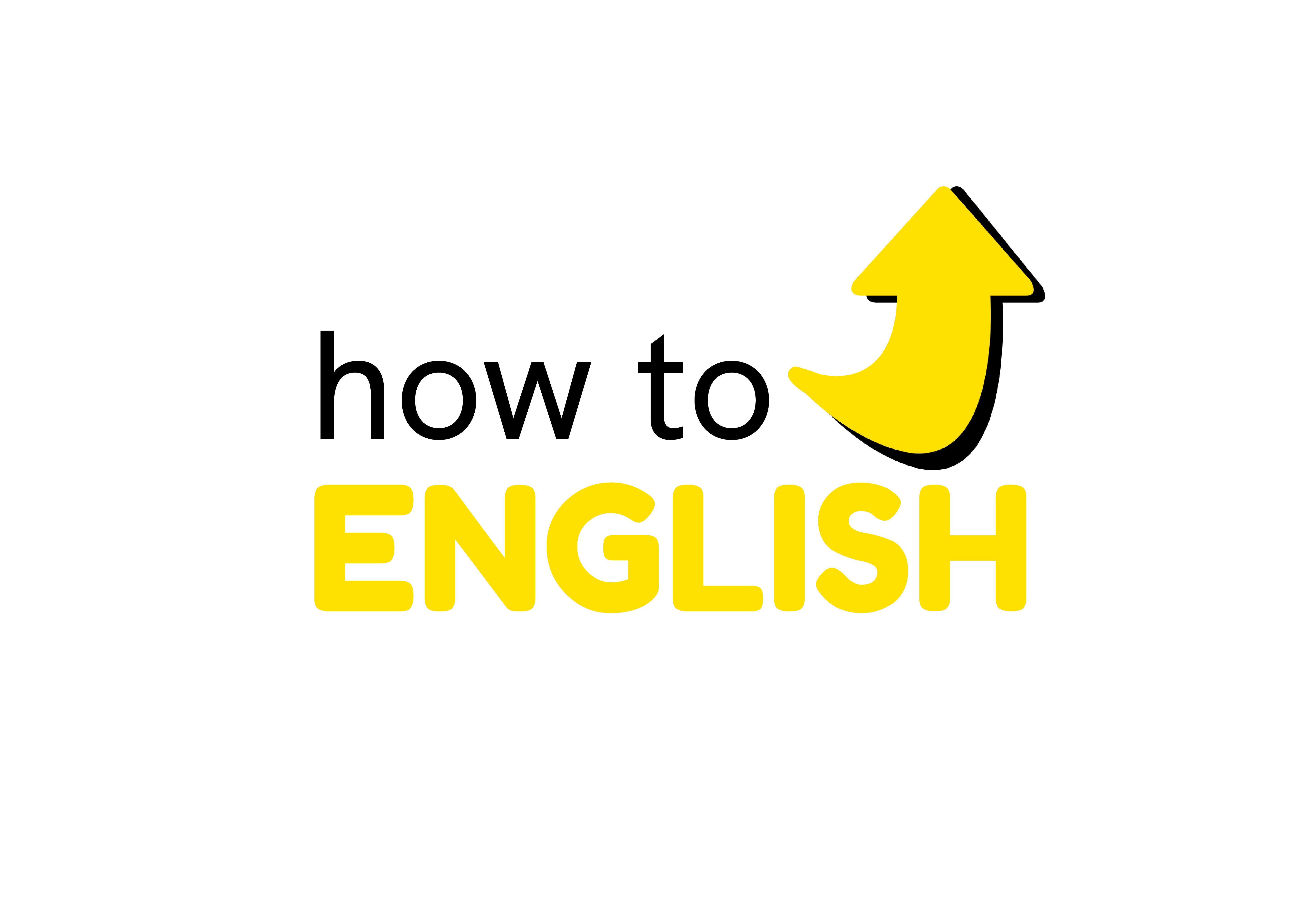Don’t forget to leave a comment!
The human brain is undeniably the most powerful, incredible, efficient learning machine that has ever existed.
It‘s hardwired to learn. If it doesn’t understand something or if something isn’t giving the desired result, it tries to find the solution by analysing and questioning, testing possible solutions and learning from their success or failure.
Through this process the brain finally discovers the correct answer and as a result, learns. The brain then puts this newly learnt information into the correct ‘box’ in the brain and thus acquires new ‘knowledge’.
Now the brain can start to put this new knowledge into practice. Repetition starts and through this repetition, the brain becomes highly accustomed to this knowledge.
Having become accustomed to the knowledge, the brain now starts to question it, thinking how it can be improved in some way. It then begins to make small improvements. Ways of making it better, more efficient, more effective. This follows the same process as was used to acquire the knowledge in the first place.
After repetition and slight adjustments, the brain becomes a master in the field.
That’s it!
It’s a marvelous process and beautifully simple.
Take a small child trying to open a bottle of water for the first time. I remember when my eldest son did this for the first time. He knew the bottle could be opened because he’d seen his mummy and daddy doing it but had no idea. He played with the bottle top because he’d observed that that’s where the process starts, but still nothing. Over time (months!) he realised that he needed to turn it for it to come off. He started to turn it but, naturally, it needs to be turned in a particular direction and with a minimum amount of effort. He failed again…. Another few months went by, I think he was around two, until he was finally able to do it (albeit with a little top loosening from mummy or daddy). The right amount of strength, the correct direction of twist. All the failures and questioning over the last year had come to this point: the top came off! He was so happy! As they say, it’s the small things in life… .
That was the first stage of learning done.
However, if you see my three-year-old son opening a bottle, you’ll instantly know that he’s not an expert yet.
It takes even more time to become a master at opening a bottle of water. Maybe even another year of taking it off and putting it back on until the brain finally becomes a bottle-opening master, making small adjustments until the brain finds the quickest and most efficient way of opening it. What is that perfect way of opening a bottle of water? My son doesn’t do it yet, but I’m sure both you and I do.
You twist with both hands.
My son has to do three or four twists to get it off because he’s so focused on one hand that he hasn’t yet realised that the other could do something other than hold the bottle.
He’ll get there…
Anyway, what has this got to do with teaching? Well, teaching essentially cuts out the middleman (the analytical part of the brain, I mean). The process I explained before is no longer necessary as the correct solution is given on a plate to the learner by the teacher.
The teacher will say “This is what you need to learn” and then the student does their best to remember or memorise the information given to them.
This is sometimes great as you can acquire knowledge very quickly. Fantastic for lower levels, and also for learning little skills. Imagine you’ve never repaired a punctured tyre on a bike. The quickest and most efficient way to do it is for someone to show you. It’s quick, easy to remember and you learn it for the next time you get a puncture.
However, when it comes to mastering something so vast like a language, you can’t remember or memorise such a massive amount of information. You need to learn it yourself, understand it, question it, analyse it. That is the only way to really master a language. By the way, this is also why cheat sheets are so common as people try to memorise information, and sometimes you simply can’t memorise large amounts of information. You need to understand it.
The problem we now have is that we’ve gradually forgotten how to learn and have become totally dependant on having a teacher or attending classes in order to learn. Most of us have stopped using this powerful innate skill.
Don’t be a slave. Get the middleman back!
[thrive_leads id=’1049′]
